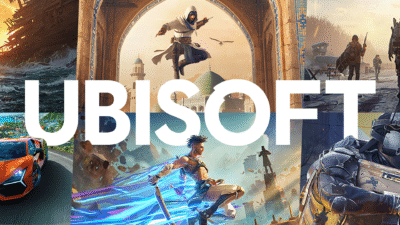Google’s Gemini 2.0 AI Model Promises to Redefine the AI Landscape

Google has unveiled its latest breakthrough in artificial intelligence, Gemini 2.0, a cutting-edge update to its Gemini series that could significantly reshape how we interact with AI. Building on the success of Gemini 1.5, this new iteration introduces exciting capabilities, including native image and audio output, and is designed to power Google’s vision of a “universal assistant.”
Gemini 2.0’s Unparalleled Capabilities
Debuting as Google’s most advanced AI model to date, Gemini 2.0 is available across all subscription tiers, including free plans. While its initial release is classified as an “experimental preview,” it already demonstrates remarkable capability, rivaling Google’s existing Pro model in performance and cost efficiency.
One of its standout features is its capacity for native image and audio output, a leap forward in multimodal interactions. This ability positions Gemini 2.0 to seamlessly integrate across Google’s ecosystem, enhancing existing AI-powered services, ranging from chat-based support to content creation tools.
Gemini 2.0 Flash and Developer Tools
To cater to developers and streamline application building, Google has also launched a lightweight version called Gemini 2.0 Flash. This model is optimized for efficiency, making it easier for developers to incorporate AI capabilities into their own projects.
Google sees this as part of a broader strategy to build purpose-driven AI agents capable of performing specific, autonomous tasks on behalf of users. A key example of this focus is the anticipated integration into tools like Project Astra.
Integrating with Project Astra and Smart Interfaces
Under Project Astra, Gemini 2.0 combines conversational AI with real-time video and image analysis. Imagine smart glasses powered by Gemini that analyze your surroundings while providing verbal updates—this is one of the potential use cases Google is working to unlock. By blending contextual awareness with conversational capabilities, Project Astra aims to redefine how users interact with their environments.
Project Mariner and Coding Assistance
Further enhancing the utility of this new AI ecosystem, Google has rolled out Project Mariner. Designed as an AI-powered Chrome extension rivaling Anthropic’s Computer Control, it mimics human interactions like keystrokes and mouse movements, effectively allowing an AI assistant to manage tasks on your desktop.
For developers, Gemini 2.0 introduces “Jules,” an intelligent coding assistant tailored to simplify coding workflows. Jules is designed to identify and improve problematic code sections, offering developers an efficient way to optimize their projects.
Deep Research Feature
Another highlight of Gemini 2.0 is the “Deep Research” capability. Available exclusively to English-language Gemini Advanced subscribers, this tool generates detailed research reports on user-defined topics. Once a user approves a suggested multi-step research plan, the AI dives into a comprehensive web search, exploring key findings and summarizing results. It even links source materials for added transparency.
A Step Closer to a Universal AI Assistant
From enabling smarter interfaces to offering powerful research and development tools, Gemini 2.0 represents a massive leap forward in Google’s AI strategy. With ambitions to integrate it across its product suite, Google aims to create a seamless, personalized AI experience—one that goes beyond productivity and brings richer, context-aware interactions to users everywhere.
Digital marketing enthusiast and industry professional in Digital technologies, Technology News, Mobile phones, software, gadgets with vast experience in the tech industry, I have a keen interest in technology, News breaking.











